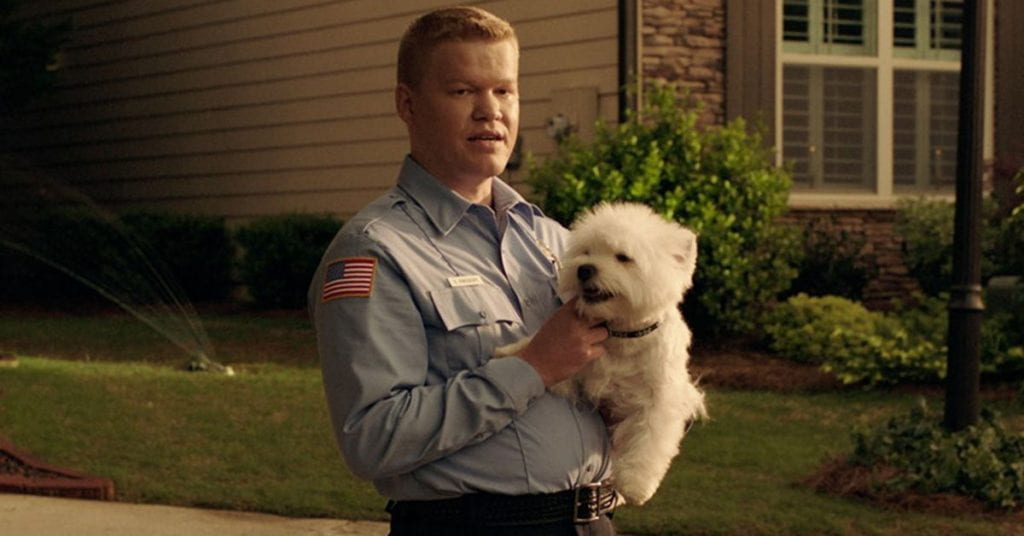This film was seen at the 44th Seattle International Film Festival. The film is now in wide release in Seattle.
After a quick turn around from his Oscar winning film A Fantastic Woman, Sebastian Lelio is back with his latest feature: Disobedience. While his last film dealt with transgender prejudice set across the loss of loved one, Disobedience depicts a lesbian couple set against a religious institution that doesn’t approve of them. At the center of the film you have a couple who love each other and want to be apart of the community that raised them, but all the while feel rejected for who they are. What makes this film so special is how it shows nuances between the desire to be accepted by those who resent you while all the same wanting to leave and be yourself.
The film follows follows Ronit Krushka (Rachael Weisz) as she returns home after the unexpected death of her father. There the Jewish community she grew up with shuns her for the relationship she had in her youth with Esti Kuperman (Rachael McAdams), a a woman now married to a prominent Rabbi in the community. While paying her respects to her father, she reconnects with Esti and the two rekindle their relationship in the face of the institutional and social intolerance that aim to keep them apart and stifle their affection.

This movie is as if the third act of Moonlight was expanded into its own movie. As Ronit and Esti cross paths years later, we not only see how they react to each other, but also the conflicts they face when they upend the norms set before them in their daily lives. The story is set within an Orthodox Jewish community steeped in tradition and a major element of the film is exploring the relationship between Ronit and Esti and how their identities in the community are complicated by their lesbianism. The desire to feel like you belong, but all the while being pushed away is a dynamic that plays out over the course of the film as characters (particularly Esti) are pulled towards general acceptance and their true identity.
While the film likes to align itself with Ronit for a majority of the film, the audience will find itself compelled by Esti’s character more often than not. Ronit has already found her own sovereignty; she moved away from her home, lives in New York, and doesn’t live under the rules of the Jewish religion like Esti. Her arc is more about reconciling her past with a community she still wants to have in her life, but which continually rejects her with each attempt she makes to reconnect, than attempting to declare her own freedom. That is not to say Ronit’s character is disinteresting, but rather the complexity on display with Esti’s character is much deeper. After their young romance, Esti has conceded to her religious life, giving up her love in exchange for communal acceptance. Her internal conflict is what really drives home the film’s message of institutional faith versus individual freedom and sexuality, plus it helps that Rachael McAdams gives a smashing performance that is well nuanced and multidimensional, and one that I cannot emphasize enough.
While it is easy to dismiss those that resent you, Lelio is able to portray the emotions that tie you to home. You don’t want to give up on those you grew up with, but it’s hard to do so when those same people don’t like you for who you are. It’s a sophisticated notion, and while it can feel lumbering at times, Disobedience accurately depicts a lesbian relationship in the face of institutional rejection and does so with a level of care that helps create distinguished and nuanced themes from your regular romance.
3.75/5 Stars


